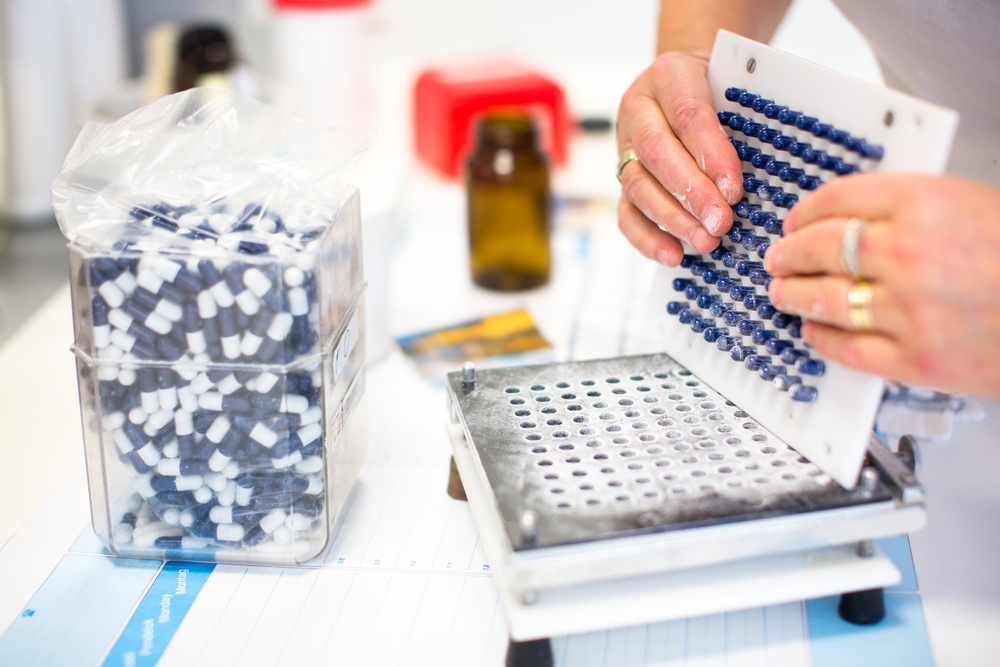Taxpayers are funding expensive drug development, report says


The Dutch government invests tens of millions of euros every year in small biotech companies which are developing the expensive medicines ministers are trying to make cheaper, according to a new report.
The government places no conditions on its loans and grants to biotech and pharma start-ups about the eventual prices they will charge for their drugs, the report, by multinational research groups Somo and Wemos said.
‘Pharmaceutical companies argue that the reason their drugs are so expensive is because research and development is expensive, but this is simply not true,’ said Somo researcher Esther de Haan.
‘Much of the cost of research and development is borne by unconditional public investment. Because of this, the government loses its chance to influence drug pricing.’
In addition to funding fundamental research conducted by universities, national and regional governments also invest heavily in start-up and spin-off biotech companies – companies founded by researchers wanting to commercially develop promising scientific findings.
Large private investors usually move in later, when the medicine looks more promising and the risk to investors is therefore lower, the report points out. ‘These private investors then make a huge profit by selling their shares at a high price to other companies in the pharmaceutical industry,’ the report said.
The researchers look at several case studies including Acerta’s development of Calquence, a cancer drug currently on sale in the US for $15,000 a month. The drug was developed with the help of both Dutch national and regional government funding.
Health minister Bruno Bruins told the Volkskrant that the researchers ‘had a point’ and that he would discuss the findings with the economic affairs ministry, which runs most of the investment funds.
‘We should not be paying big prices for drugs which were partly developed with taxpayers’ money,’ the minister said.
Campaign
Bruins has criticised the pharmaceutical industry following two high profile cases involving soaring drug prices. In January, Bruins reacted angrily to a decision by Swiss pharmaceuticals giant Novartis to put up the price of a drug to treat a rare form of cancer five fold, describing it as ‘outrageous‘.
And in November, Amsterdam’s AMC teaching hospital was given the green light to make its own version of a licenced drug to treat a rare metabolic disorder.
The hospital began making its own version of the drug after manufacturer Leadiant ramped up the price by around 500% to €200,000 per patient per year.
The Dutch healthcare institute Zorginstituut Nederland has also said insurers should stop paying for expensive drugs if pharmaceutical companies continue to refuse to say how they arrive at the price.
Thank you for donating to DutchNews.nl.
We could not provide the Dutch News service, and keep it free of charge, without the generous support of our readers. Your donations allow us to report on issues you tell us matter, and provide you with a summary of the most important Dutch news each day.
Make a donation